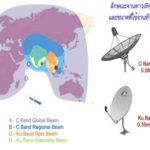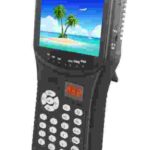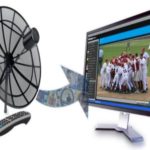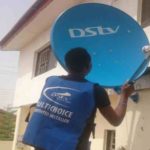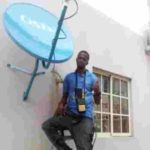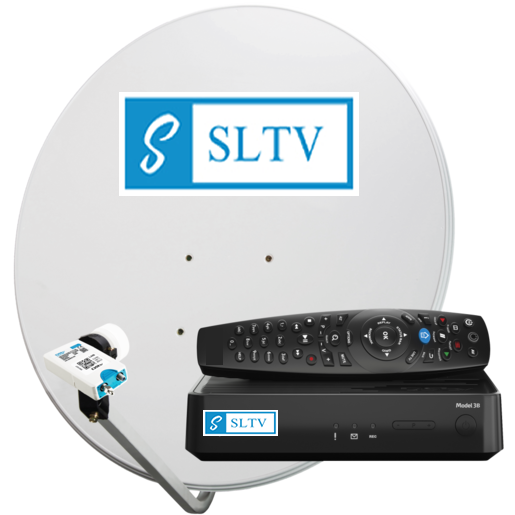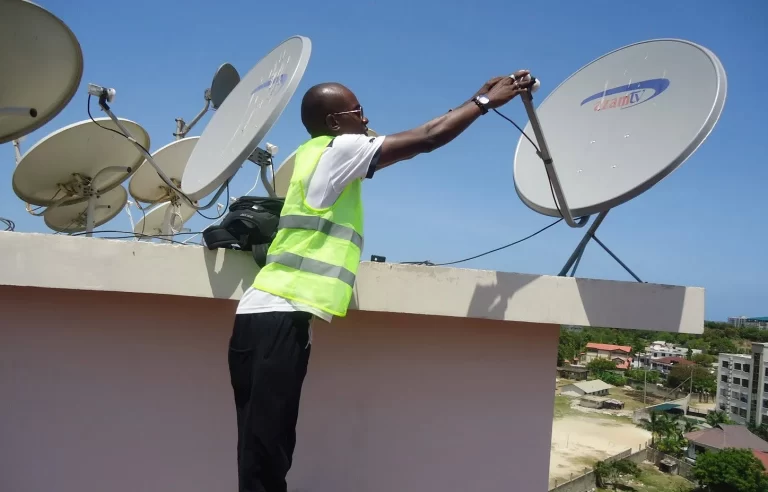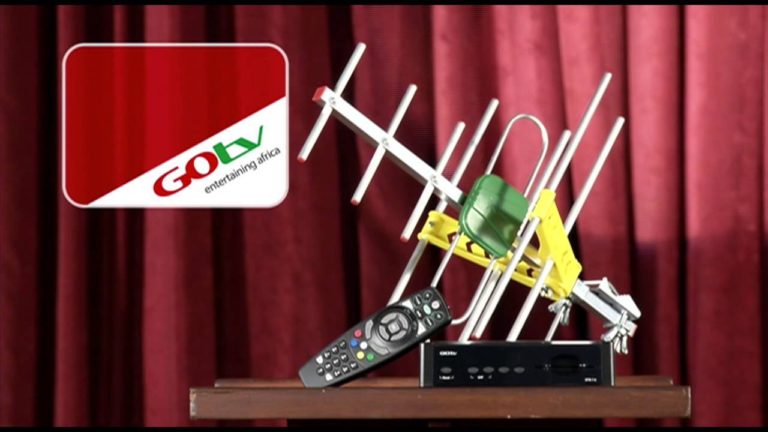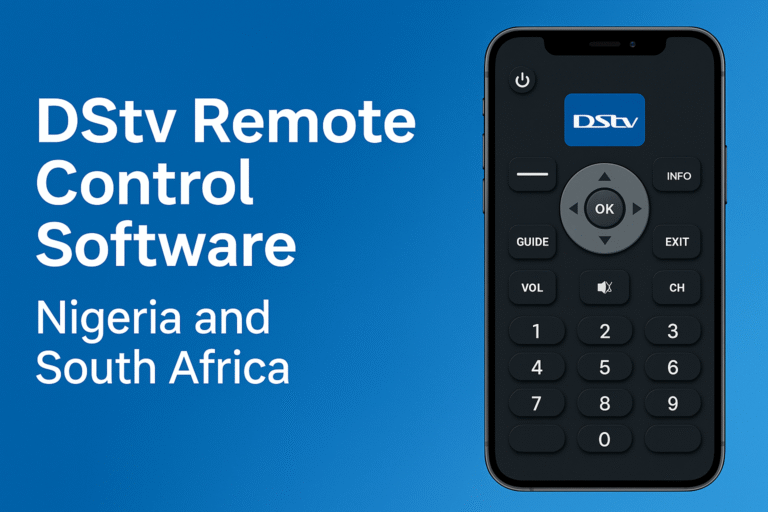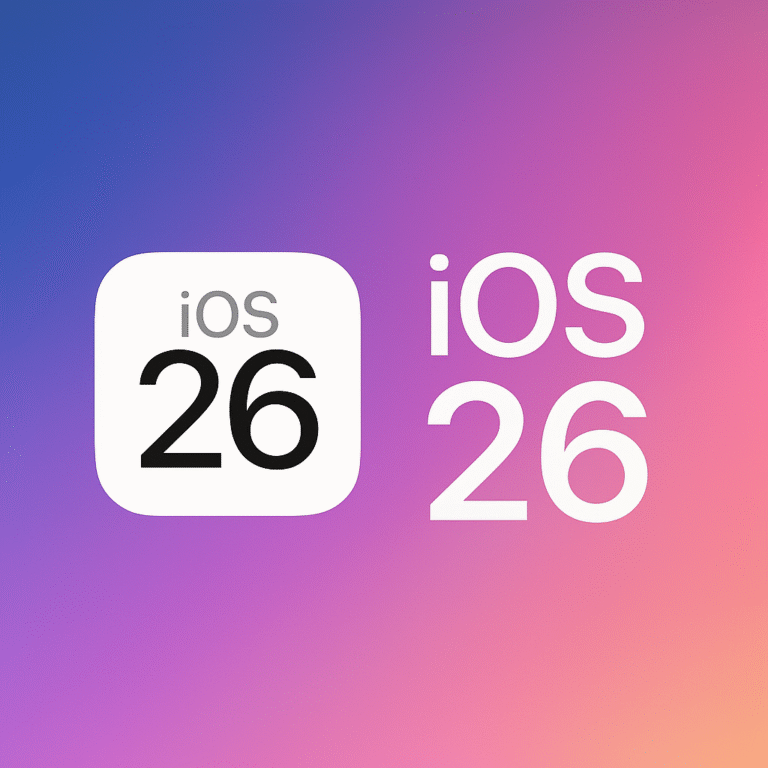Are you having frequent signal disruptions during the rains or wind storm? There is a sure way to maintain steady and good satellite TV signal during bad weather conditions. This article will teach you best practices to sustain quality signal on your satellite dish. However, all DTH (Direct-to-Home) satellite TV systems obey this principles. Therefore, learning this methods of sustaining good satellite TV signals will benefit you despite the pay-TV network in use.
The rains are back and many subscribers are beginning to suffer from occasional loss of signal from their satellite dish. Some services such as MultiChoice DStv, MyTV and others are usually prone to weather interference like rain or windstorm. This is because such satellite TV signals transmits through the KU-Band. Unfortunately, the KU-Band naturally has weak weather-proof capabilities. However, apart from rain, stormy wind is another common problem of satellite dish signal problems. This is seen when your decoder losses signal after a heavy wind or rainfall. Consequently, most subscribers pay through their noses to fix and maintain steady satellite TV signal. Sadly, other subscribers had resorted to packing up their DStv and other satellite systems out of frustration.
Today, I shall show you how best to beat the stubborn bad weather or rain, maintain good satellite decoder and TV signals. It would save you some cost and keep the installers away for a reasonably long time. Maybe you are planning to purchase a new satellite decoder and dish system or already have one. Therefore, this trick will be of great help towards making you enjoy your pay-TV services through steady and quality satellite TV signals.
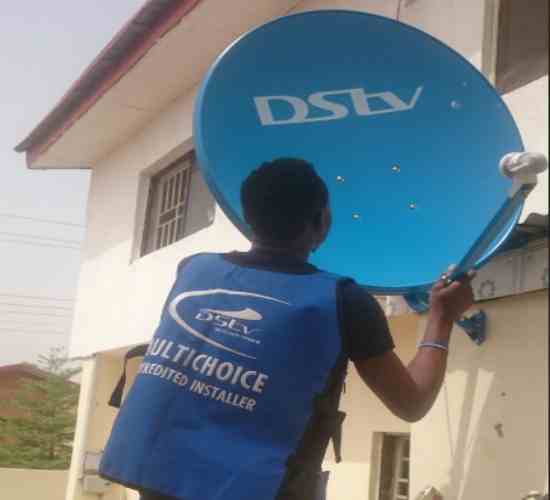
Positioning is Key for Good Satellite TV Signal
Not all locations present good positions for installing satellite dish. However, all locations on earth is capable of receiving satellite TV signals as long as it sees the sky from all-round directions. Therefore, you must consider certain positioning in order to determine best location to mount the satellite dish for effective signal reception.
There is need to re-access the location of your previously-installed satellite dish or even a newly-purchased dish. Depending on the location of your home or office, consider the usual direction of airflow as well as the possible place to locate satellite signal. Furthermore, ensure that you install the dish where it would not experience the direct impact of the blowing wind or rain drops.
The direct slap of the wind or clashes of the raindrops gradually weakens the nuts, screws and bolts holding the dish in place. This leads to occasional realignment and signal loss. Secondly, the splashing effect of the raindrops increases the cracking effect on the images on the screen.
Look for a Genuine and Competent Installer for Good Satellite TV Signal
Another major factor that ensures strong and lasting installation is your ability to engage a qualified technician or installer. In my previous post, I explained in details how to find the perfect and competent satellite TV installer or technician for your installation needs. A reliable installer relates to a quality job and in turn, a long-lasting installation.
Use Well-Sized F-Connectors for the Satellite Installation
F-connectors are small screw-like round bolts used in joining wires to devices like the decoder and the dish LNB. the effectiveness of your signal depends on how appropriate and well-sized the F-connectors are. Tell your installer to show you how the F-connectors look like and then ensure that the appropriate ones are being used. Some crafty installers might use loose or rusted F-connectors and then affix them with cello tapes thereby hiding the ugliness of their DStv and other satellite installation works.
Avoid Passing your connection cables through sharp metallic objects or security barb wires
One thing that damages the satellite components and disrupt your signal is the lightning. Lightning penetrates the system mostly through faulty LNBs and connection cables passed through sharp metal objects. These metal objects pierce the wires through which lightning current leak into the satellite TV system and leads to over-voltage. When this happens, one could loose the entire decoder and dish system or if lucky, could only disrupt your signal for a reasonable length of time.
Generally, every qualified installer knows how to guard against any possible danger to your satellite decoder and TV system. However, your knowledge of how to maintain a perfect DStv and other satellite decoder signals during the rains would ensure that no installer takes advantage of your ignorance. It would also enable you to take well-informed decisions whenever any challenges are being faced. Feel free to share this post and comment for a more wholistic interactivity and share of more ideas.
